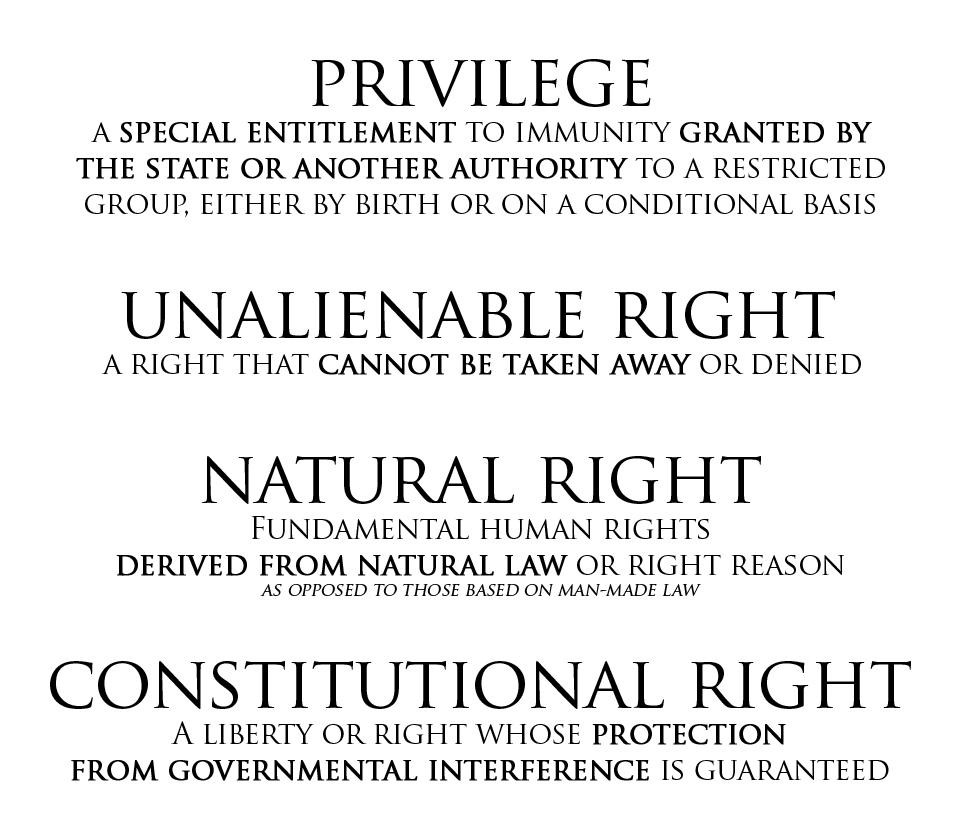The Constitution – An Idea
The Constitution is an idea. It is the aim, the purpose, and the vision of these United States. At the same time, it is remarkably concise. As originally written and ratified, the Constitution of the United States contains just 4,618 words (including signatures), organized into seven articles. Since then, 27 amendments have been added, though not all are universally popular. What it is not, however, is an endless legislative tome like the Patriot Act, the Tax Code, or the Affordable Care Act. In fact, it is shorter than many short stories, which typically range from 2,500 to 5,000 words.
Because of its brevity, the responsibility of every American to read and understand the Constitution and the Bill of Rights should be considered fundamental. It may have been introduced in grade school, but do you truly remember it? Do you know it today? This question is especially important when we consider that more than 800,000 law enforcement officers and over 1.4 million military personnel have sworn to defend the Constitution against all enemies, foreign and domestic. Their oath is not ceremonial. It is a binding promise, and it deserves careful examination.
The Oath of Enlistment
“I, _____, do solemnly swear (or affirm) that I will support and defend the Constitution of the United States against all enemies, foreign and domestic; that I will bear true faith and allegiance to the same…”
The Oath of Commissioned Officers
“I, (name), having been appointed an officer in the Army of the United States, do solemnly swear (or affirm) that I will support and defend the Constitution of the United States against all enemies, foreign and domestic; that I will bear true faith and allegiance to the same…”
The Oath of Law Enforcement Officers
“I, ________, do solemnly swear (or affirm), that I will support the Constitution of the United States, and the Constitution and laws of the State of…”
The common theme is unavoidable. Whether soldier, officer, or police, every one of them swears allegiance not to a person, not to a political party, not even to an institution—but to the Constitution itself. Yet the uncomfortable question lingers: how many could actually explain its basic articles or even reference them when needed?
Referring to the Constitution as the central idea of America, we must recognize that defenders are charged with protecting more than territory; they are charged with protecting the principles of the Republic. This raises a serious problem: how can anyone defend an idea they do not know? And how can citizens hold defenders accountable if they, too, are unfamiliar with what the Constitution requires?
The common excuse is that soldiers and officers are already overburdened, and that memorizing a document is unrealistic. But the retort is simple: because it is their job. The Constitution is not long, and if one swears to defend it, then familiarity with its contents is not only reasonable, it is essential.
The Uniform Code of Military Justice underscores this point. Article 90 requires obeying the lawful command of a superior officer. Article 91 requires obeying the lawful order of a warrant officer. Article 92 requires obeying lawful general orders. The critical word in each case is lawful. Service members are not obligated to obey unlawful orders, even from the President. Their ultimate duty is to the Constitution, and they are bound to disobey commands that violate it. But this obligation is meaningless if those under oath do not know what the Constitution says.
The consequences of this ignorance are evident. If you were to ask a random officer or soldier about Article IV, Section 4, or Article I, Section 9, the chances of receiving a coherent answer would be slim. Few carry even a pocket Constitution for reference. This lack of knowledge helps explain why rights are neglected, why the Bill of Rights is treated as secondary, and why unlawful orders can be carried out in practice under the guise of authority. When defenders can more easily recite classifications of “domestic threats” than they can the protections guaranteed by the Bill of Rights, something has gone deeply wrong.
To be fair, military and law enforcement roles are not easy. Officers navigate a maze of state and federal law, deal daily with victims, suspects, and the media, and must remain vigilant for their own safety and that of others. Military service, even outside combat, revolves around the prospect of war, with death present either as duty or as threat. Stress is constant. But difficulty does not excuse neglect of the oath. These professions are voluntary, and those who accept them also accept the standard. As Justice Earl Warren once observed, “The police must obey the law while enforcing the law.” The same applies to the military.
The true danger comes when this standard is ignored. Countless videos and reports show law enforcement personnel abusing power, sometimes violently, while others in uniform stand by. Victims of abuse have little recourse in the moment, for resistance risks additional charges or force. Meanwhile, violators often face little more than paid leave. This is not accountability. It is an imbalance. And it erodes trust in the very institutions sworn to defend liberty. It should also be remembered that more than 21 million veterans and former service members have sworn the same oath. If tyranny ever hides behind a badge or uniform, it is vastly outnumbered by those still committed to liberty.
This should not be read as a blanket condemnation. To those in uniform who know the Constitution and uphold it faithfully, the highest gratitude is owed. You are the difference. You are the reason citizens can still trust in justice and accountability. But to those who abuse power—through ignorance or willful disregard—understand that ignorance of the law is no excuse. All laws repugnant to the Constitution are void. The oath does not expire with retirement, nor does the responsibility vanish when service ends. The Constitution trumps all, and those who swore to defend it are bound to that standard for life.
This may sound brash, but it is not an outsider’s judgment. It comes from someone with family in military and law enforcement, someone who respects the burdens of those roles but refuses to excuse oath-breaking. The Constitution is not optional. It is the backbone of the Republic. Without it, the oath is empty. Without knowledge of it, the oath is meaningless. And without defenders who understand what they are charged with protecting, the rights of citizens will continue to erode.
George Washington’s warning remains as relevant as ever: we must “guard against the impostures of pretended patriotism.” That is only possible if both defenders and citizens know what the Constitution actually says. Know your rights. Know your oath. And above all, know the Constitution.

RESOURCES
Upated 10/3/2025




